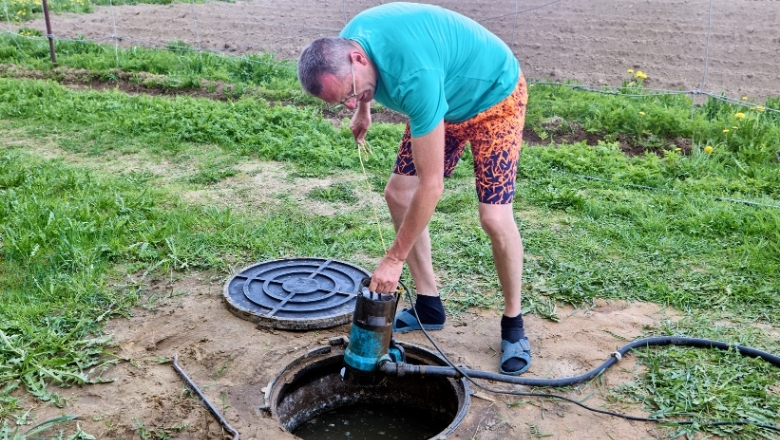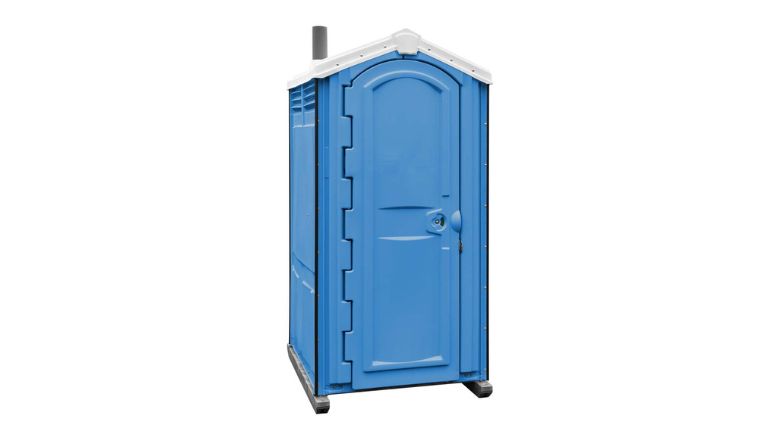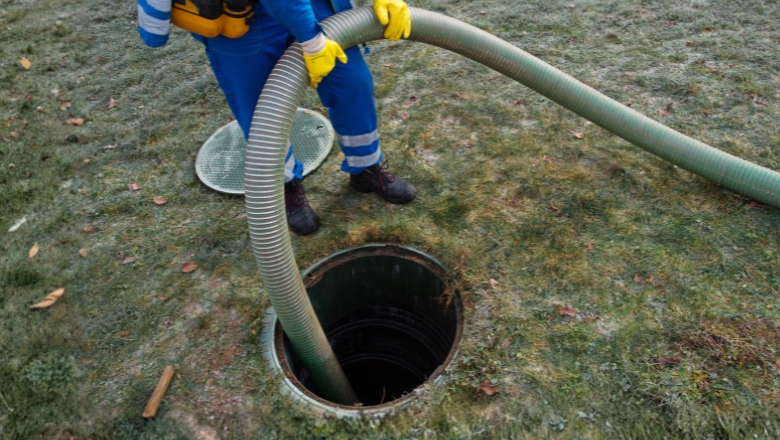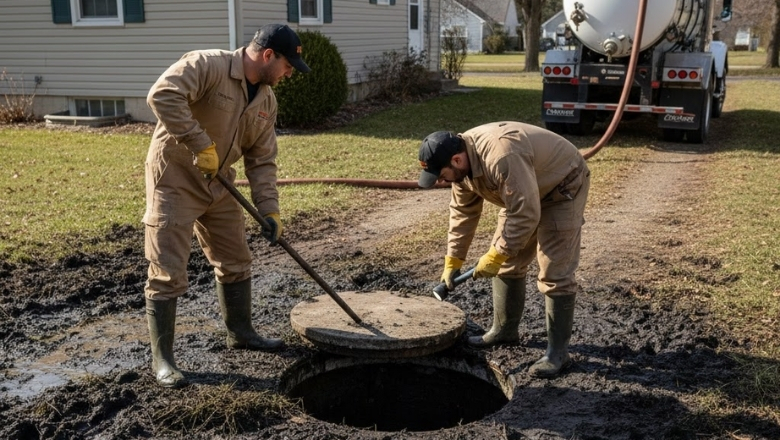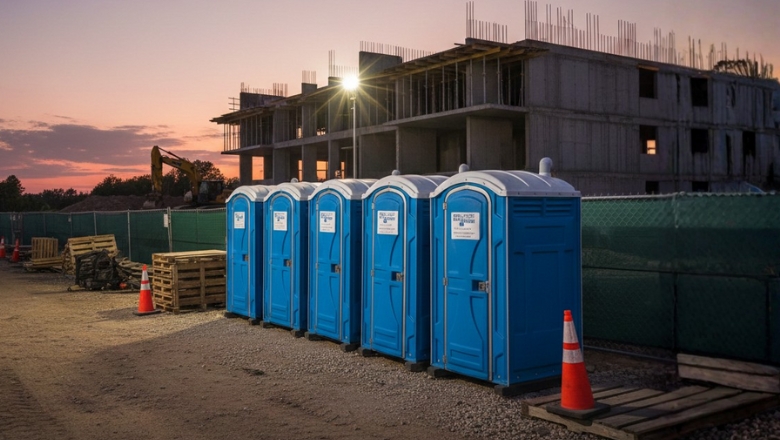Septic systems should be underlined as the essential component of homes and properties without a centralized sewerage system. This enhances the ease at which wastewater can be managed since it becomes one of the optimization methods for its management. However, the literature has established that these systems need some help. An organizational failure or occurrence of an incident is likely to bring a lot of discomfort, and in some extreme cases, health risks are experienced. Since it is the system that is vital in managing human health, everyone should know how a septic system emergency can be handled to avoid health implications. It will guide you on how to suspect a septic emergency, what to do concerning the same, and what to do next as you search for the solution.
Identifying a Septic System Emergency
The first step in addressing a septic system emergency is recognizing the signs that indicate a problem. Early detection can prevent more damage and costly repairs.
Signs of a Septic System Emergency
1. Septic Tank Backup
One of the most apparent signs of a septic system emergency is sewage backup in your home. This issue typically manifests in the lowest drains first, such as those in the basement or ground-floor bathrooms. When the septic tank is full or the system is clogged, wastewater cannot flow out properly, causing it to return to the home. This creates unpleasant and unsanitary conditions and poses health risks due to harmful pathogens and bacteria. Immediate action is required to prevent extensive damage to your property and maintain a safe living environment.
2. Slow Drains
If you notice multiple drains in your home draining slowly, it could indicate a clogged septic system or a full septic tank. Slow drainage in sinks, showers, and toilets suggests that wastewater could move more efficiently through the septic system. This can be due to blockages in the pipes, an overfilled septic tank, or issues with the drain field. Slow drains are a warning sign of more severe problems. Addressing the issue promptly can prevent a complete system failure and avoid sewage backup inconvenience and health hazards.
3. Sewage Odor
A strong, unpleasant odor around your home, particularly near the drain field or septic tank, indicates a potential septic system issue. This sewage odor is caused by gases escaping from the septic tank or drain field, which can happen if the system is overloaded, clogged, or malfunctioning. The smell is offensive and hazardous, containing harmful gases like methane and hydrogen sulfide. Detecting and addressing the source of the odor promptly is needed to ensure the safety and comfort of your living environment and prevent further septic system damage.
4. Standing Water
Pooling water or soggy areas near the septic tank or drain field is a significant red flag, suggesting a potential septic system failure or clogged drain field. When the septic system is not functioning correctly, wastewater can seep and accumulate on the ground surface, leading to standing water. This situation poses serious health risks as it can contain harmful bacteria and pathogens. Additionally, standing water can damage your lawn and landscaping. If you notice unexplained wet spots or damp areas, it is crucial to investigate and address the issue instantly to prevent further damage and contamination.
5. Gurgling Sounds
Unusual gurgling noises from your home plumbing can signal that the septic system is malfunctioning. These sounds typically occur when air is trapped inside the plumbing due to a blockage or improper drainage in the septic system. Gurgling can be heard in sinks, toilets, and other drains, indicating that wastewater is not flowing smoothly. This can be an early sign of a developing problem, such as a clogged pipe or a failing septic tank. Ignoring these noises can lead to severe issues, so it is essential to investigate the cause and take appropriate action to maintain your septic system’s efficiency.
Taking Immediate Action
Once you’ve identified a septic system emergency, immediate action is essential to mitigate damage and health risks.
Steps to Take
1. Limit Water Usage
Decreasing the amount of water entering your septic system during an emergency can help prevent further backup and damage. Avoid using water-intensive appliances like dishwashers and washing machines, and minimize flushing toilets until the issue is resolved. This approach lessens the load on your septic system and stabilizes it. Conserving water usage is crucial, as adding more wastewater can exacerbate the problem, leading to increased sewage backup or even system failure. Taking this step immediately can mitigate damage and make it easier to manage the situation until professional help arrives.
2. Avoid Contaminated Areas
Staying clear of areas where sewage has backed up is essential for your safety and health. Sewage contains harmful bacteria, viruses, and pathogens that can cause serious illnesses. Avoiding contact with contaminated water and surfaces can prevent exposure to these hazards. If you must enter a contaminated area, wear safety gear, including gloves and boots, to minimize the risk. Keeping family members and pets away from these areas is equally important. Ensuring everyone’s safety while waiting for professional assistance is a top priority during a septic system emergency.
3. Turn Off the Water Supply
In severe septic system emergencies, turning off the water supply to your home can prevent more water from entering the system, reducing the risk of further backup and damage. This action stops all water flow, including from faucets, showers, and appliances, ensuring the septic system is not overwhelmed. Turning off the water supply is critical when the backup is severe or if there is significant flooding. This measure can help stabilize the situation, making it easier for professionals to assess and address the problem without additional complications.
4. Notify Household Members
Informing everyone in the household about the septic system issue is crucial to ensure that all members understand the need to avoid using plumbing fixtures. Clear communication helps prevent accidental water usage that could exacerbate the problem. Explain the situation, the steps taken, and the importance of limiting water use until the issue is resolved. This collective effort can significantly reduce the strain on the septic system, helping to prevent further complications and ensuring a safer and more manageable environment until professional help arrives.
Understanding Your Options
After taking immediate steps to control the situation, it’s time to explore your options for resolving the septic system emergency. This includes both self-troubleshooting and professional assistance.
Self-Troubleshooting
You can take a few troubleshooting steps for minor issues before calling a professional.
- Check for Blockages: Inspect the drains and toilets for visible blockages. Removing a simple clog can temporarily resolve the problem.
- Use a Plunger: A plunger might help clear the blockage and restore normal flow for localized backups.
- Inspect the Septic Tank: If you are comfortable doing so, check the septic tank’s access point for signs of overfilling or obvious issues.
Calling a Septic Service Professional
For more serious problems, it is crucial to call a licensed septic professional. Companies like MVP Rentals in Idaho provide expert services in Rexburg, Idaho Falls, Pocatello, Twin Falls, and Rigby.
- Contact a Local Septic Service: Look for reputable septic service companies. MVP Rentals offers prompt and professional septic tank repair and septic system maintenance.
- Provide Detailed Information: When you call, be ready to describe the symptoms you’ve observed. This information helps the technician diagnose the issue more efficiently.
- Schedule an Inspection: An expert’s thorough inspection of your septic system can determine the problem and best action.
The Importance of Professional Help
Professional septic service personnel have the expertise and equipment to handle complex septic system emergencies. They can perform tasks such as septic tank pumping, drain field inspection, and complete system repairs.
- Expert Diagnosis: Licensed professionals can accurately diagnose issues that may not be apparent to homeowners, such as drain field problems or intricate clogs.
- Proper Repairs: They have the tools and knowledge to perform necessary repairs safely and effectively, ensuring long-term solutions rather than temporary fixes.
- Preventive Maintenance: Regular maintenance services from companies like MVP Rentals can prevent future emergencies by keeping your septic system in optimal condition.
Ensuring Long-Term Septic Health with MVP Rentals
Septic system emergencies can be daunting, but identifying and responding can significantly reduce stress and potential damage. You can effectively manage septic system emergencies and maintain a healthy home environment by taking immediate action, understanding your options, and seeking professional help when needed.
For residents in Rexburg, Idaho Falls, Pocatello, Twin Falls, and Rigby, MVP Rentals provides reliable and expert septic services to address all your septic system needs. Regular maintenance and immediate attention to issues are key to preventing emergencies and ensuring your septic system’s longevity. Contact MVP Rentals today if you’re facing a septic system emergency or need regular maintenance. Our experienced staff is ready to provide top-notch septic service in Idaho Falls, Rexburg, Pocatello, Twin Falls, and Rigby. Don’t wait until a small problem becomes a major issue. Reach out to MVP Rentals for professional and dependable septic system solutions.


